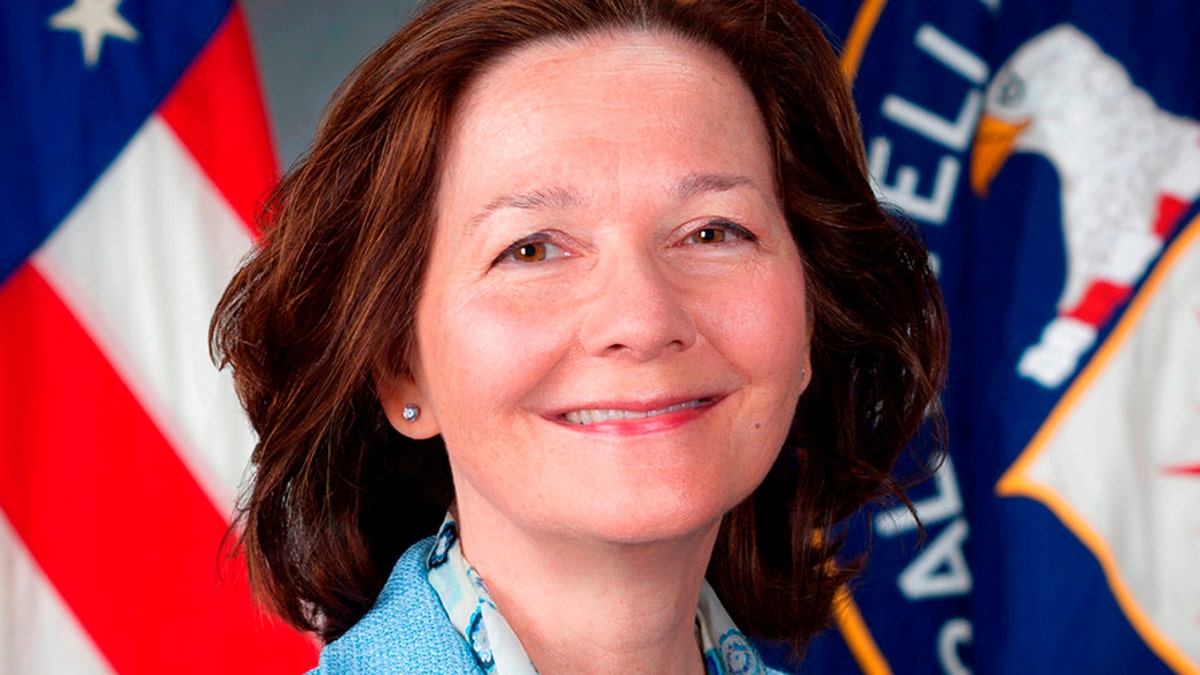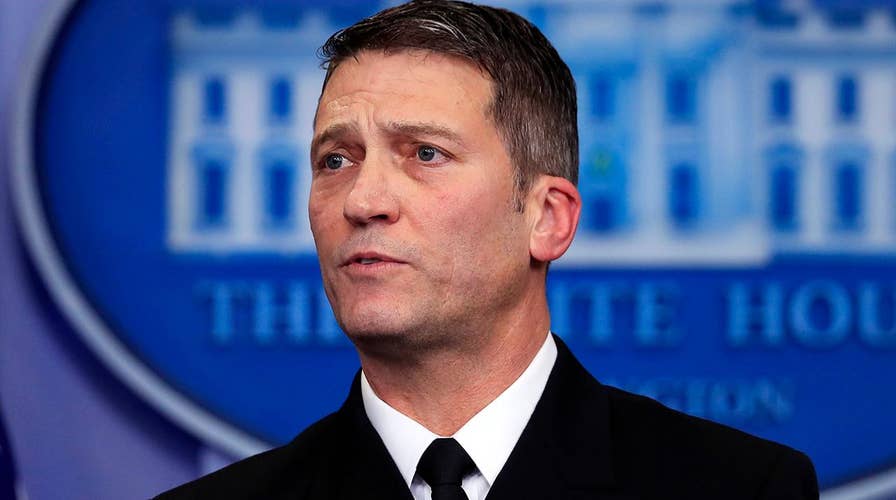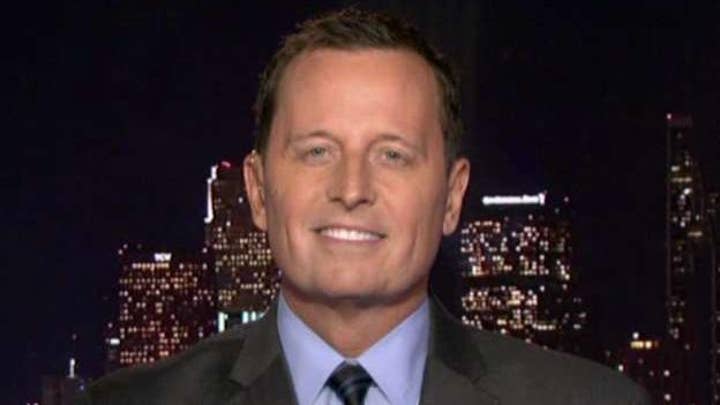Dr. Ronny Jackson withdraws nomination for VA Secretary
Trump calls out 'obstructionist Democrats' for stonewalling cabinet nominees; chief White House correspondent John Roberts reports.
The increasingly nasty and protracted confirmation process in Washington is creating new headaches for the Trump administration as it tries to fill vacancies for critical government jobs.
The most recent flare-up surrounded Dr. Ronny Jackson, the White House doctor who had received glowing praise from the Obama administration -- but after being nominated for VA secretary, saw his reputation and career damaged as allegations emerged that he drank on the job and over-prescribed drugs. He denied the claims, but withdrew from consideration last week.
Secretary of State Mike Pompeo, meanwhile, narrowly got through the process after Democrats who once backed him lined up to oppose him. White House officials have indicated that they are gearing up next for a tough fight to confirm his replacement at the CIA, current Deputy Director Gina Haspel.
On top of Democrats baying for blood in an election year, add to that the specter of the wide-ranging Russia probe and a mercurial president known for hiring and firing -- and it creates an atmosphere some say is hurting recruitment.
Max Stier, CEO of the Partnership for Public Service, told Fox News that a partisan atmosphere, mixed with a lengthy process, can dissuade the best from considering a role in government.
“The harm that is caused here is that you have many fewer of the best qualified candidates who are going to be willing to go through this process. There will always people who want these jobs but they'll be fewer and fewer of the true superstars, and who we need to handle some of the most difficult leadership jobs of the planet.”
Jackson’s case has been the most notable, particularly as the accusations were anonymous and disputed by the White House and President Trump, who accused opponents of trying to destroy Jackson.
"He would have done a great job, he has a tremendous heart," Trump said in an interview on "Fox & Friends" last week. "These are false accusations, they are trying to destroy a man."
After Jackson withdrew, the White House confirmed that he would not be returning to his job as White House doctor.
Before Jackson stepped aside, Trump openly suggested his VA pick shouldn't put himself through the political pain -- a factor that is sure to weigh on other would-be prospects, whether for the VA, the vacancy at the helm of Immigration and Customs Enforcement or elsewhere.
Stier suggested there's blame to go around. He noted there were signs that some candidates, including Jackson, had not been properly pre-vetted by the White House.
He added that the difficulties Cabinet and other nominees are facing are part of a broader problem many appointees face. He said that a more streamlined process, fewer political appointees and fewer requiring Senate confirmation would all help.

The White House is gearing up for a tough confirmation fight for Gina Haspel as CIA director. (AP)
“I’d rather see a job interview than political theater,” he said.
The White House, in a press release Wednesday, appeared to be heading off opposition to Haspel -- particularly over her involvement in Bush-era interrogation programs. It cited support for Haspel’s confirmation from former Obama and Bush-era officials such as former CIA Directors Leon Panetta, John Brennan and Michael Hayden.
“I’m glad it’s Gina because frankly she is someone who really knows the CIA inside out,” Panetta said, according to the White House release. White House Press Secretary Sarah Sanders on Thursday also urged Senate Democrats to confirm Haspel.
But opposition to Haspel was on full display from Democrats, such as Sen. Sheldon Whitehouse, D-R.I., who said her involvement disqualified her from leading the agency.
“We know Ms. Haspel was a willing participant in one of the darkest episodes in the CIA’s history—an episode that degraded our standing in the world, put U.S. captives at great risk of similar torture and failed at obtaining significant intelligence gains,” he said in a statement.
White House Director of Legislative Affairs Marc Short told reporters Wednesday that the vote to get her through could be close, amid a broader pattern of obstruction from Senate Democrats.
“The environment for a lot of our nominations has been extremely partisan,” Short said.
He said that Haspel has been preparing “aggressively” for what could be a tough hearing. Short said that a number of Democrats told Pompeo in private that they thought he would make a great secretary of state but could not vote for his confirmation.
“I think in this environment there is a resistance movement to many of our nominees even when they are qualified and serving in a national security position,” he said.
He added that he expects that to be the case for many future nominees.
“I think unfortunately in this environment we expect every [Senate] vote is close,” he said. “It’s just the dynamic we face.”
Ambassador to Germany Richard Grenell also was confirmed just last week -- a nomination made by Trump in September. Trump had repeatedly cited Grenell, a former U.S. spokesman to the United Nations, as an example of a candidate for a key post being left unfilled due to obstruction from Democrats.
Trump now faces the challenge of having to pick a candidate for ICE director. Current acting director Thomas Homan had been in limbo since he was nominated by Trump in November, with his nomination never reaching the Senate floor. Homan likely would have faced a grueling confirmation from Democrats, particularly due to his hardline views on immigration enforcement. He plans to retire in June, apparently a decision he made earlier this year.
The administration’s ability to get nominees through could be hindered further depending on the results of the midterms in November. Stier said that regardless of what happens in November, the longer the administration goes, the less appealing it may be for potential nominees to accept a post.
“It becomes a question of: How much pain are you willing to inflict yourself going through the confirmation process versus how much you think you can actually do considering the shortness of time and the potential difficulties that may arise,” he said.
Fox News' Jake Gibson contributed to this report.























